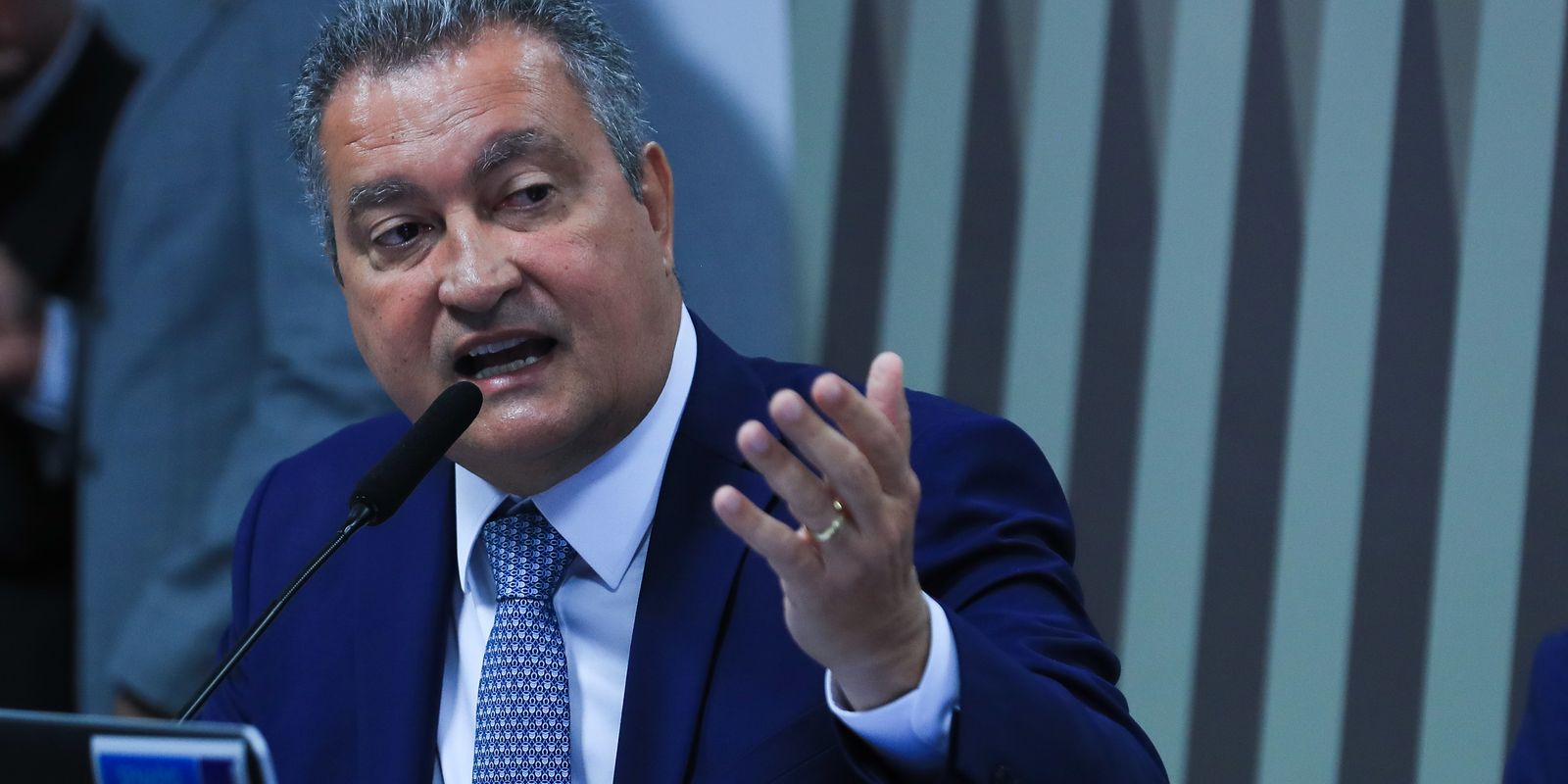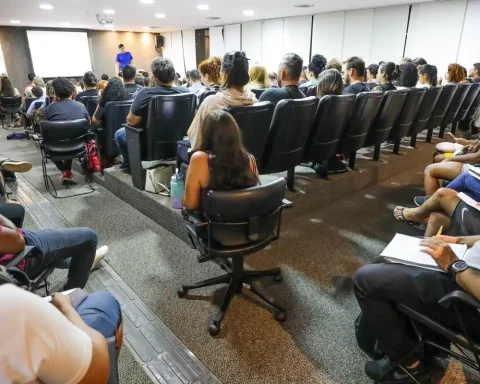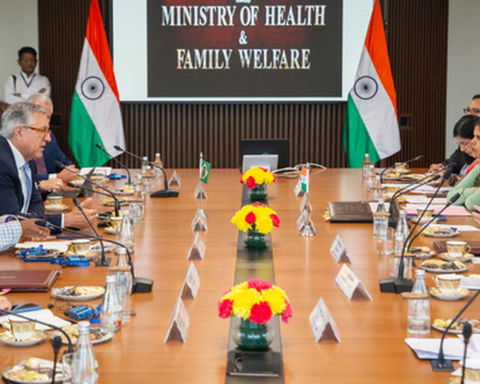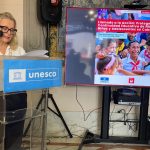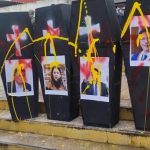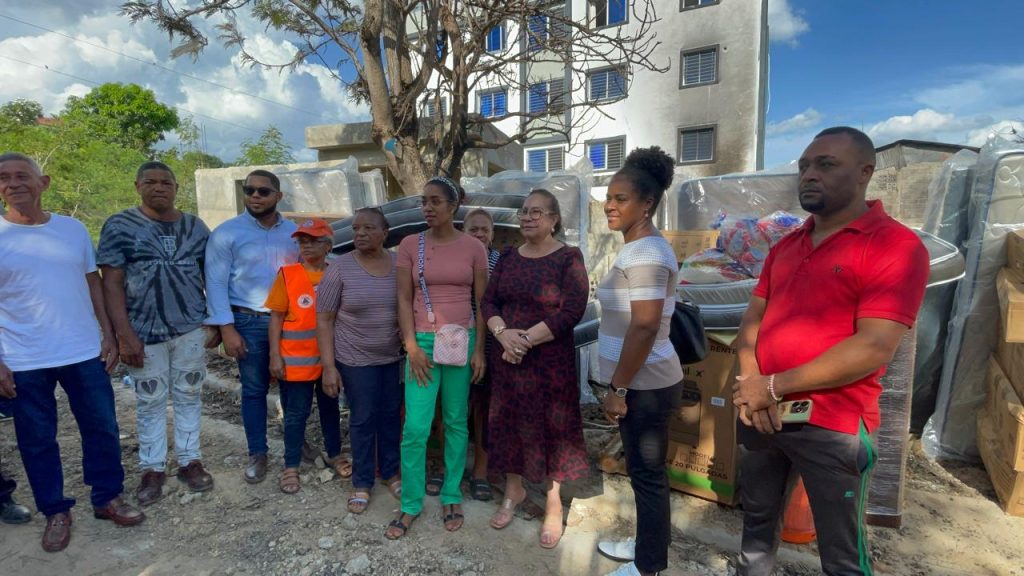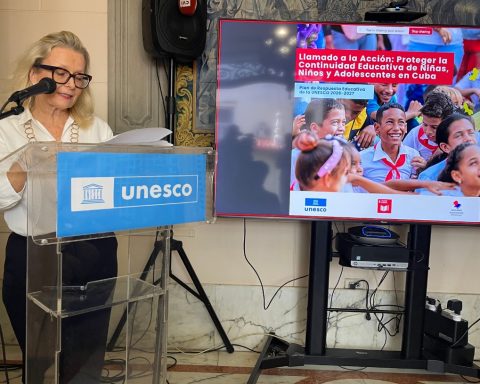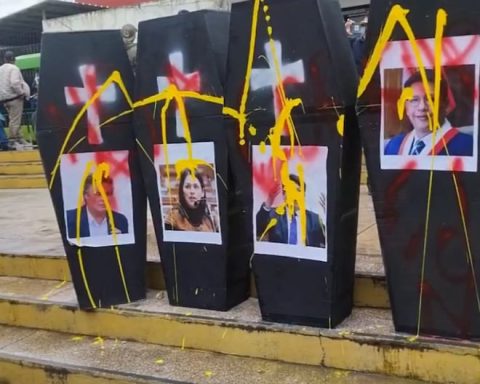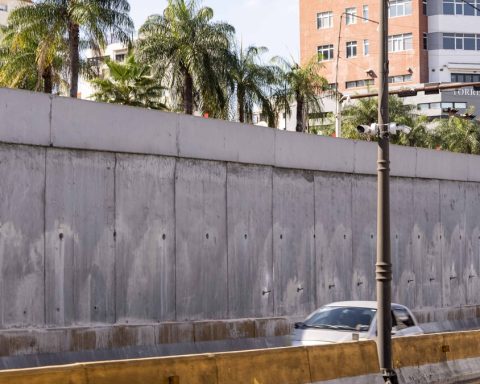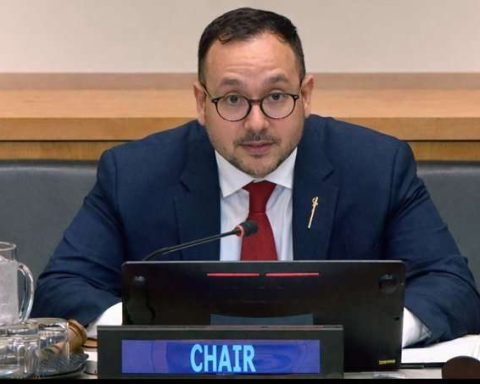After a ministerial meeting that lasted more than seven hours at the Planalto Palace, the Minister of the Civil House, Rui Costa(photo) said this Thursday (8), in Brasília, that Brazil wants to be part of the solution to the impasse in the Venezuelan elections. According to him, Brazil has sought, together with other countries in the Americas and with the support of the European Union, to mediate a peaceful solution for the country. 
“Either the evidence of the fairness of the election is actually presented or a solution must be sought for the situation in Venezuela, so Brazil wants to continue and will insist on this role of mediator together with other countries in the Americas,” he stated.
According to the minister, part of the solution to the issue is the presentation of the voting minutes, which have not yet been released.
“Brazil wants to be part of the solution and not part of the problem. And part of the solution, at the moment, is for the authorities responsible for the election to present the detailed voting records by section so that the whole world can see and either confirm the election result or say that there are problems and, if there are problems, seek a solution for it. So, Brazil wants to be part of the solution, and that is what is being done in the coming days,” he assessed.
Nicaragua
Rui Costa also commented on Brazil’s decision to expel the head of Embassy of Nicaragua in BrazilFulvia Patricia Castro Matus, after the Nicaraguan government expelled the Brazilian ambassador in Managua, the capital of the Central American country. According to the minister, Brazil adopted the principle of reciprocity.
“The president reiterated at the meeting that he wants to seek peace and good relations with everyone, but he cannot accept that his representatives, his ambassadors, are harassed. Unless they have committed acts that go against Brazilian diplomatic tradition. If this is proven, the error would be ours. If it is not proven, this is a fortuitous attack on the international standard of respect for embassies and ambassadors,” concluded Rui Costa.
